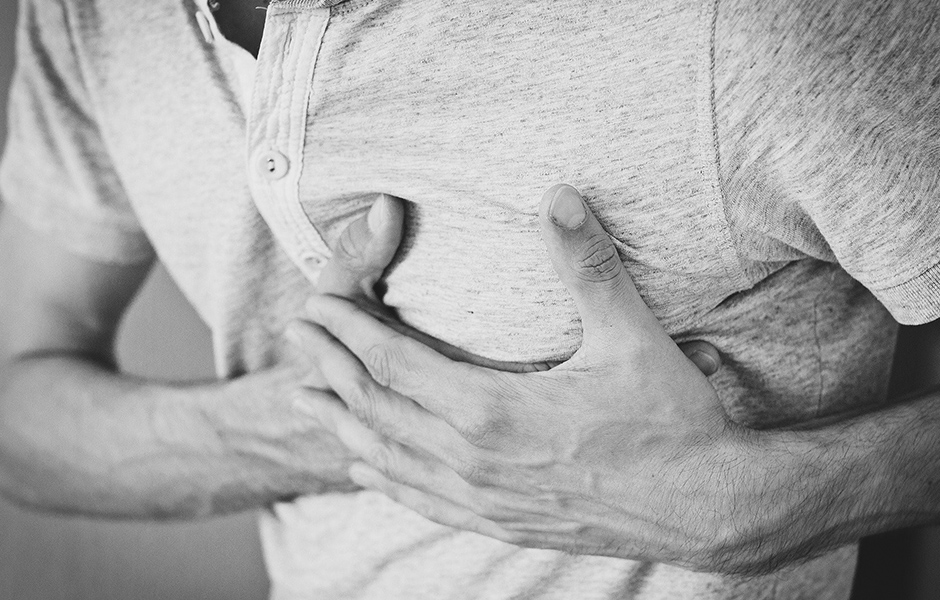Many of the patients with cardiovascular problems followed in primary health care are failing to change their lifestyles and to control the main risk factors, reveals a European study by EUROPREV, the European network for the prevention and promotion of health chaired by Carlos Martins, professor at the Faculty of Medicine of the University of Porto (FMUP) and researcher at CINTESIS – Center for Health Technologies and Services Research.
According to this work, which involved a thousand patients from six countries (Portugal, Croatia, France, Slovenia, Spain and Turkey), a significant percentage of patients do not change their behavior after suffering a myocardial infarction and/or a stroke.
The results show that half of the patients do not increase their physical activity after having a cardiovascular event. Also, half of the women and a third of the men continue to smoke.
The study, published in BMC Family Practice, also reveals that a considerable proportion of patients are unable to reach the target values for cholesterol and blood pressure recommended by European guidelines.
Only 23% of patients (only a quarter of men and less than a fifth of women) can reach the target value of recommended LDL cholesterol (bad cholesterol) (less than 70 mg / dL). In the case of blood pressure, a quarter of patients cannot reach values below 140/90 mmHg.
“These numbers are relevant for family doctors because these patients have a high risk of new cardiovascular events, namely of myocardial infarction, stroke and even death”, they explain.
The authors also point out that, in this study, women are less medicated than men with heart-protective drugs, although the reasons for this discrepancy are not known.
As the researchers emphasize, this study included only patients who had visited their family doctor in the previous year. The results could be even worse if patients who do not go to consultations were included and who may be even less motivated to modify their lifestyle, namely unhealthy eating and smoking, and are less likely to follow treatment.
Data from a series of studies show that about 9% of cardiovascular cases can be attributed to patients’ low adherence to treatment and that the patients who adhere the most are those with the best prognosis.
On the other hand, it is known that unhealthy lifestyles, such as lack of physical activity and smoking, are the most important modifiable risk factors, representing more than 70% of the global weight of chronic diseases, a percentage that should increase to 80% in 2020. According to EUROSTAT, almost 40% of European citizens have consulted their family doctor once or twice in the past 12 months and 25% have consulted him three to five times a year.

